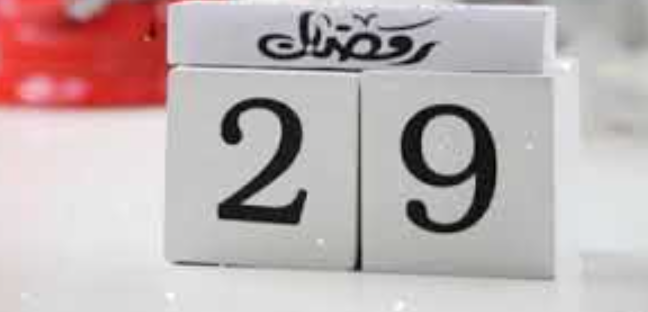The ruling on opening the Corpse of the Muslim for a medical reason
All praise is due to Allâh alone, and may Allâh send blessings and peace upon he whom there is no Prophet after him - Muhammad and upon his family and Companions. To proceed:
In the ninth session of the Council of the Senior Scholars Board, which was held in the city of At-Ta'if, during the month of Sha'ban, in the year 1396 AH, a letter from His Eminence, the Minister of Justice was reviewed. It was letter number 3231/2/ Kha, which was based upon the letter of the Deputy Minister of Foreign Affairs, bearing number 34/1/2/13446/3 dated Sha'ban 6, 1395 AH. The letter was accompanied by a copy of a memorandum from the Malaysian Embassy in Jeddah. The memo contained the embassy's request concerning the view and position of the Kingdom of Saudi Arabia regarding surgical operations (autopsies) performed on a deceased Muslim if they are performed for reasons and benefits of medical services.
There was an examination of the presented research concerning that from the Permanent Committee for Scientific Research and Religious Verdicts, and it was apparent that the matter is divided into three categories:
The first: Opening the body for the purpose of investigating and verifying an allegation of a crime.
The second: Opening the body for the purpose of investigating some contagious diseases in order to takeo protective measures in defense against them.
The third: Opening the body for an educational purpose of teaching and learning,
After an exchange of views, debate and study of the presented research from the aforementioned committee, the council decided the following:
In reference to the first two categories, the council thinks that in their performance is a realization of many benefits in the areas of safety, justice and protection of the society from contagious diseases. The evil of dishonoring the opened corpse is out- weighed by the numerous public benefits that are realized in this. For this reason, the council unanimously agreed to the permissibility of autopsies for these two reasons, regardless of whether the opened corpse is considered a sacred corpse (i.e., the Muslim, the non-Muslim living under the Muslims' protection, etc.) or not.
In reference to the third category, which is autopsies for educational purposes, different things were looked at. It was kept in mind that the Islamic law came to bring about benefits and increase them, and repel evils and decrease them. The Islamic law came with the concept of taking the least of two harms in order to avoid the greater of the two. If the benefits are in opposition to each other, the best of them is taken. It was also considered that autopsies on creatures other than humans from the animals do not suffice in the place of autopsies on humans, and in the autopsies are many benefits that have become obvious for the advancement of various fields of medical education. Therefore, the council holds the view that autopsies on the corpses of human beings in general are permissible. However, there is a point be considered that the Islamic law preserves the honor of the deceased Muslim just as it preserves his honor while alive. This is due to what Ahmad, Abu Dawud and Ibn Majah recorded from 'A'ishah, may Allah be pleased with her, who said that the Prophet said:
"Breaking the bone of the deceased is like breaking it while he is alive. "
It was also taken into consideration that opening the body of the deceased contains disrespect for the person's honor. Since the necessity of this is removed by the ease of acquiring bodies of dead people that are considered non-sacred, the council thinks that it is sufficient to perform autopsies on these types of corpses. Thus, the corpses of the deceased who were considered sacred (i.e., protected by the Islamic society) should not be used for this purpose. And Allâh is the Giver of success. May Allâh send blessings and peace upon our Prophet Muhammad, his family and his Companions.
Source:
The Senior Scholars Board
Fatawa Islamiyah, Vol. 3 Pages 136-137-138
 أرسلها على تطبيق الواتساب
أرسلها على تطبيق الواتساب 